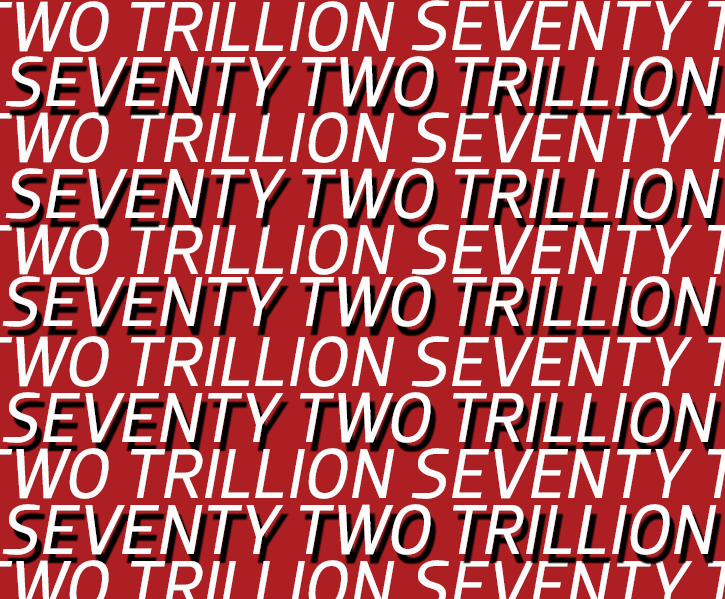SeventyTwoTrillion [he/him]
“My own state of mind synthesises [optimism and pessimism] and transcends them: my mind is pessimistic, but my will is optimistic. Whatever the situation, I imagine the worst that could happen in order to summon up all my reserves and willpower to overcome every obstacle.”
- 71 Posts
- 2.41K Comments
Joined 2 years ago
Cake day: January 3rd, 2022
You are not logged in. If you use a Fediverse account that is able to follow users, you can follow this user.


